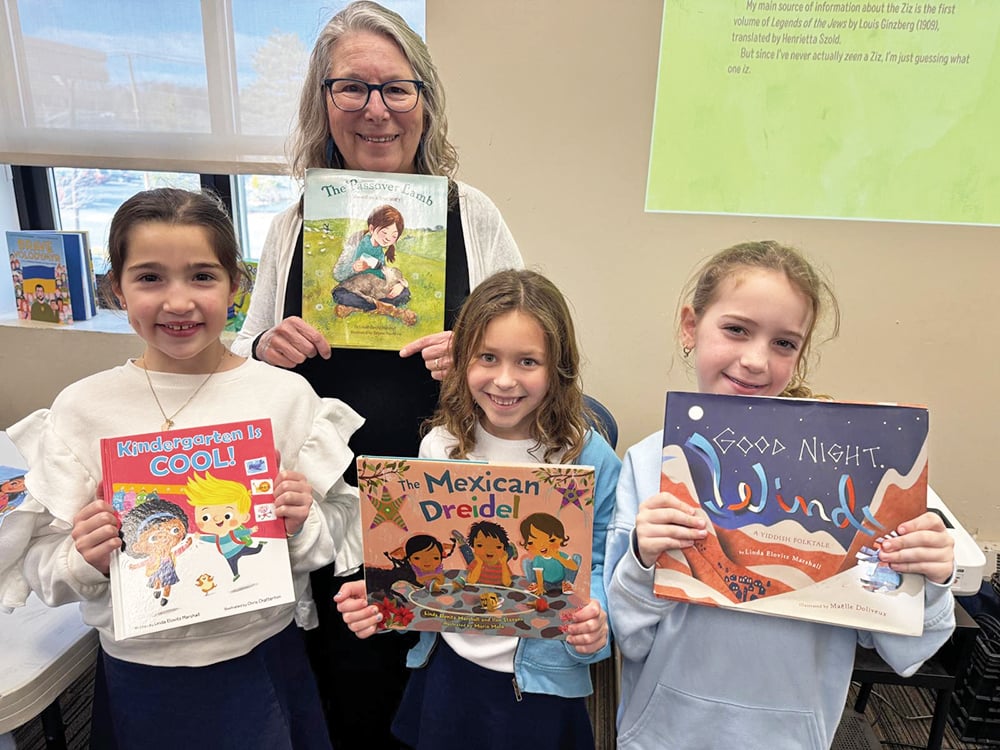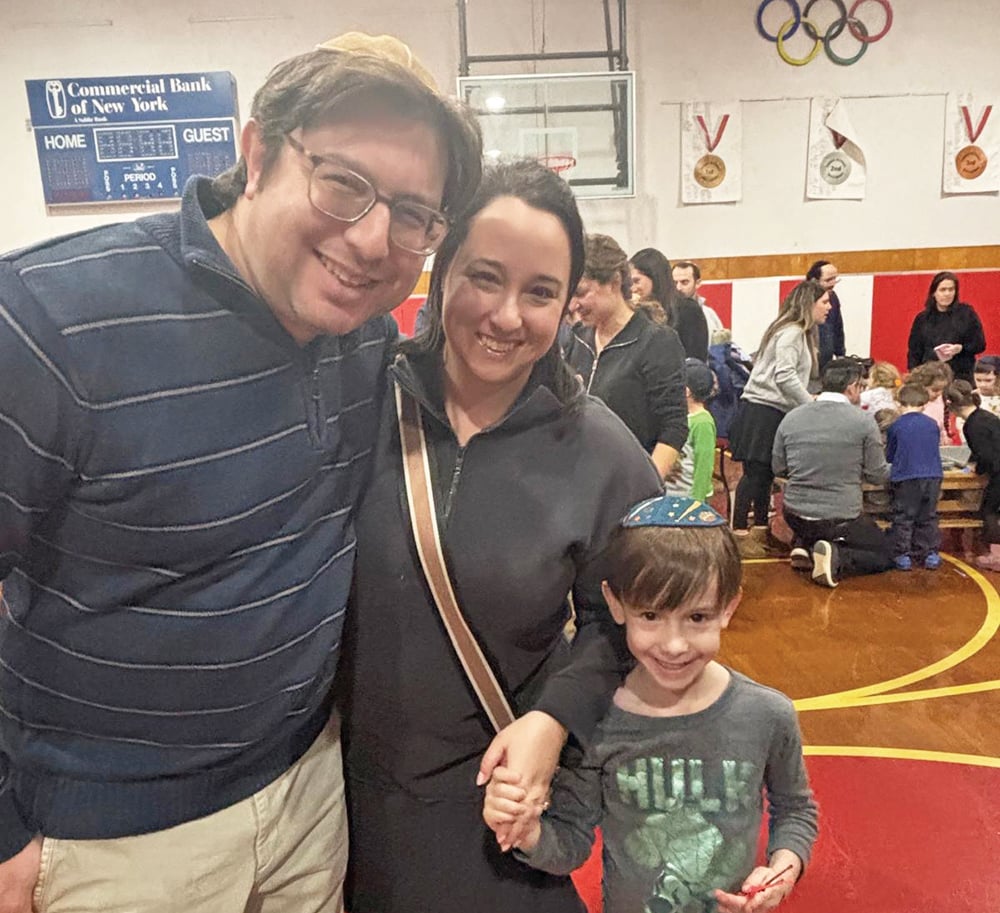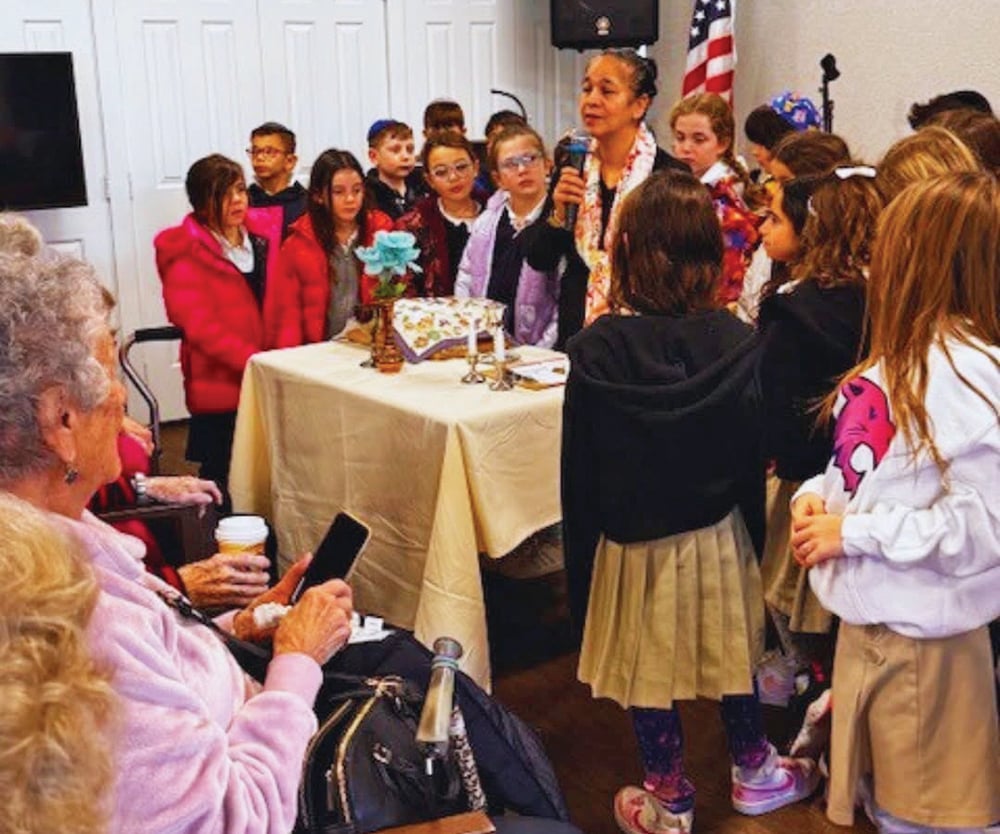Reviewing: “Approaching the Holocaust: Texts and Contents,” by Robert Rozett. Portland, Oregon: Vallentine Mitchell & Co. Ltd. 2005. 182 pgs. ISBN 0853035822
In this volume, Robert Rozett, senior historian in the International Institute for Holocaust Research, Yad Vashem, addresses some of the most significant issues raised by the Shoah. His objective is to encourage us to think more critically about the Holocaust, and about history in general.
Among the questions he addresses are: When did the Shoah begin? What are the dates in which the Shoah occurred? Who is a victim of the Shoah? Who is a Holocaust survivor?
Without a historical framework, we cannot determine who are survivors. Only a Holocaust denier would dispute that Jews murdered by the Einsatzgruppen (special SS units) and their partners in the Soviet Union were victims of the Holocaust. No one either would deny Jews who were murdered in one of the German’s six extermination camps. What about a Jew who was deported from a Polish ghetto to a slave labor camp in 1940, before the Germans initiated the Final Solution, and was murdered by a guard or died because of grueling work, horribly inadequate nutrition and vicious treatment? Is this individual a victim of the Shoah? What about a Jew who died of malnutrition and disease in a ghetto before being deported to an extermination camp?
Is a Jew who escaped from Nazi-occupied Poland to the Soviet Union in the autumn of 1939 and died of disease in the Soviet interior a Holocaust survivor?
Critical Reading of Books and Articles on the Holocaust
In the essay entitled “Towards a Critical Reading of Books an Articles on the Holocaust,” Rozett explains how to navigate the enormous amount of information on the Shoah that even for scholars is a daunting an undertaking. Since the Shoah is an event that occurred in history, it is essential that the historical events being discussed be described as accurately as possible in any scholarly study. He suggests a number of issues the reader should be aware of in order to minimize the chances of choosing the wrong sources. One must be careful when reading: reference works; obvious subjective or non-historical writing perceived as historical writing; works written from the perspective of other academic disciplines; the work of authors so determined to prove their thesis they fail to provide an objective analysis; and older scholarship vs. newer scholarship.
Being aware of these issues does not guarantee choosing the wrong information or concluding erroneous conclusions about the Shoah. Reading the bibliography to see what sources the author uses helps us to determine the significance of work. With time, the ability to read critically will improve.
Jewish Leadership During the Holocaust
In “Reflections on Jewish Leadership During the Holocaust,” Rozett is highly critical of many of the early writings about the role of Jewish leadership. They were too judgmental, two-dimensional and very negative, especially those written by Raul Hilberg and Hannah Arendt. Arendt played a key role in advancing the myth of Jewish passivity during the Shoah and supplied ammunition to those who wanted to absolve the perpetrators of the Holocaust individual responsibility.
In their attacks against European Jewish leaders, they failed to consider that like everyone in Europe, Jewish leaders encountered evolving situations. A Jewish leader in Germany in 1933, for example, confronted different conditions that were faced by his counterpart in Hungary in 1944. Rozett cites Isaiah Trunk’s Judenrat as an example of a more “balanced and variegated” picture of Jewish leadership. “Different periods, different places, different personalities, different authority structures, and different community characteristics” he said, “must all be taken into account when broaching the study of Jewish leadership in a given place or across a given spectrum.”
Learning From Personal Accounts
Diaries, testimonies and memories are often regarded as being sacred, and placed on a pedestal Rozett observes. Instead, they need to be appreciated for “their inherent strengths and weaknesses.” They need to be read critically, as any historical source material should be. Yet they are not just another historical document. Their firsthand accounts add to our understanding about the type of horror they suffered, and how it affected them. As witnesses, they can only tell us about their experiences and should not be viewed as experts on the Final Solution. During the Holocaust, they were not in position to know Nazi objectives.
What often emerges from these personal accounts are “small glimpses into that which they experienced,” which are similar to “snapshots or vignettes” from a “fixed perspective—that of witnesses to events.”
Other essays include “Using and Abusing History: The Holocaust, the Press and the Middle East”; “Historical Atlases and the Holocaust”; and “The Inscription: A Case Study in Historical Evidence, Memory and Commemoration.” A very valuable “Select Bibliography” makes this book an extremely significant edition for anyone interested in learning more about the Shoah.
Dr. Alex Grobman is the resident scholar at the John C. Danforth Society and a member of the Council of Scholars for Scholars for Peace in the Middle East (SPME).













